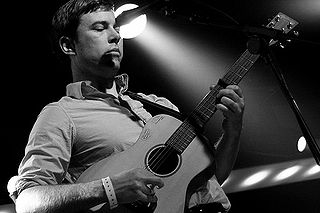A Quote by Margaret Atwood
I don't think the relationship between novels and realities are one to one. Of course novels play different roles. It's essentially just a long narrative form. What you use that long narrative form for can be very different.
Related Quotes
I love musicals but it's very, very different. It's really just a different form than serious drama, and has very different rules and a completely different set of characters and requirements and ambitions. It maybe shouldn't be as separate as it is, but it's got a different history. In terms of serious drama, I think you'd have to say that you could break it down essentially into the narrative realist tradition and experimental theater.
I do not think novels are necessarily more worthwhile than games. A novel can be a trivial waste of time, and a game can teach. Whatever the genre, I think a successful narrative allows us to participate, to try on new roles and points of view. At their best, novels and games serve as vehicles for discovery.
I think like almost everything in evolution, the old forms persist. New forms come along - not always, of course; there are species and whole lineages that go extinct - but basically novels and plays, and so on, will continue to exist. Jokes, as the lowest-cost form of narrative, will certainly continue to exist. They're a bit like microbes in the biological world. They're low-cost and they're everywhere. They're the most successful form of life, even though they're not the ones we think about most.
I feel like there's already a written narrative going on everywhere. All the different situations and realities you're in, like words floating by. It's something that I didn't start thinking about until recently, but you can hitch that ride, that narrative that's already been created. You just have to read it and write it down.
I have taught the long poem off and on for years. The more book-length poems I read and studied and taught the more interested I was in the possibilities in writing a poetry that applied formal and substantive options of narrative and non-narrative, lyric and non-lyric. I found many pleasures in this kind of writing. The long poem is as old as the art form.
The structure of my novels has nothing to do with the narrative mode of cinema. My novels would be very difficult to film without ruining them completely. I think this is the area where writers need to place ourselves: from a position of absolute modernity and contemporaneity, creating a culture of objects which cinema cannot.






































